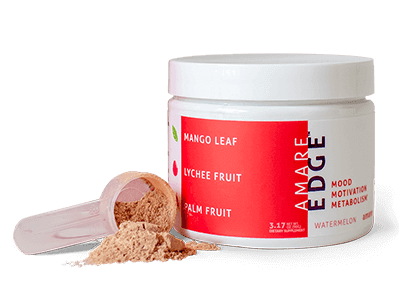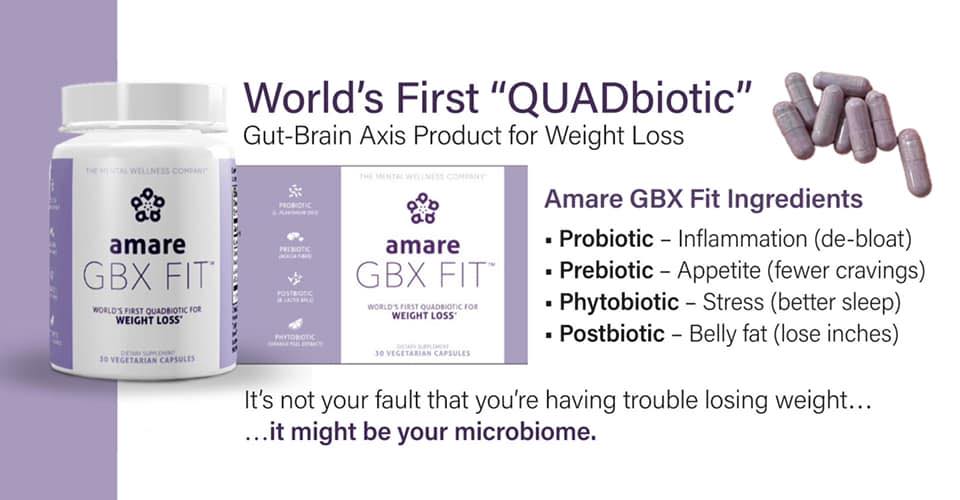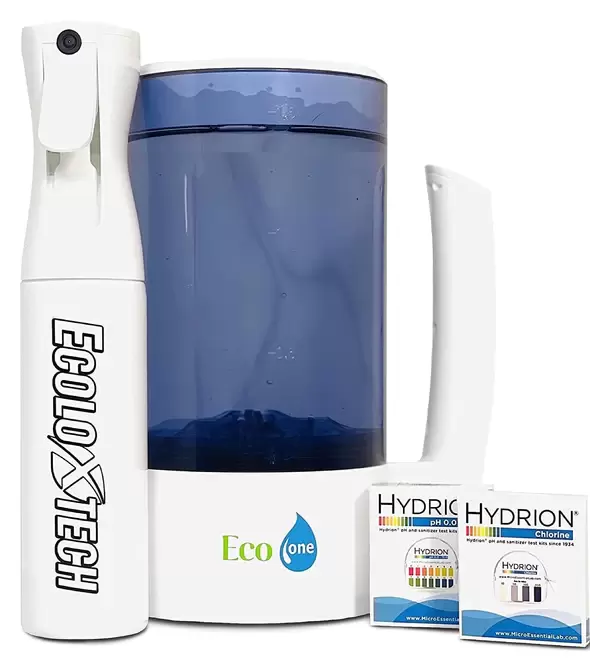|
Raw or Cooked? Sometimes the nutrition world feels like a land of controversy. I bet you know what I mean, and often find yourself wondering just who or what to pay attention to. There are hundreds of “nutrition experts” (all with conflicting advice), new books each week offering the best diet ever, and friends or family claiming they’ve found the holy grail (and you should try it too).
And that’s just the tip of the nutrition iceberg! There’s an abundance of healing protocols claiming to cure a long list of ailments. This one? That one? What’s an informed eater to do? How do you clear through the chaos and find what truly works for you? My nutrition approach starts with one key principle... We are all unique! Your needs are different than mine. My sixteen year old son won’t benefit from eating the same way I do. All of the nutritionists on our counseling services team in my clinic eat slightly differently to meet their unique needs. One size fits all doesn’t work for nutrition. Your digestive system, your genetic profile and your history are as unique to you as your fingerprint. Pretty cool, huh? My mission is to help you tap into the food and lifestyle that’s optimal for you (not your neighbor).It means getting to know yourself better than you ever thought you could. And that’s where the answers come from about whom to pay attention to. You pay attention to you! Do I ignore the various dietary theories? Heck no. I take them in, look at the research, test them out, and pull out the pieces and parts that are appropriate for each client (or myself, or my kiddo). How can you do this for yourself? Start to pay attention. Listen deeply to the signs and signals from your body and mind.
Taking a “time out” from your regular eating routine, no matter what it is, to do a focused cleanse is a lovely way to tune in to you. The Summer Cleanse starts on Monday (the materials are posted now!). If a chance to slow down and listen in is calling your unique name, I’d love to have you join me for this week of cleansing with intention. Now, let’s get back to one of those prime debates in the nutrition world... Here’s a Quickie Q&A on the topic of what’s best – raw or cooked. Let’s dig in! Q. What’s the real scoop on raw foods? Is there science behind the claims that raw food cures what ails you? A. Raw foods are key for good digestion, peristalsis and elimination – but sometimes we need to slowly increase raw foods for more delicate digestive systems. Raw foods are naturally lower in calories and typically higher in water content (most of us need more water!). The downside is people eating high raw diets often turn to large amounts of nuts and seeds and sometimes too much fruit, (which isn’t always ideal), to get enough calories and energy. Q. Raw foodies swear that all raw is best but are raw foods good for everybody? A. No! Nothing is is good for everybody. (Remember. . . we’re all unique!) For some, eating more raw increases energy and has them singing from the rooftops. For others, it’s a one-way ticket to the bathroom or digestive distress. Listening to your body is key. Taking a high raw vacation, like during the Summer Cleanse, can be a powerful healing protocol for many people (but again, not everyone). Q. Part of the magic of raw foods is the enzymes, right? A. This is a point that’s often confused in the raw vs. cooked debate. When we eat raw foods we actually have to create more enzymes to digest them. A more correct assessment would be to say that the raw foods trigger the body’s need and ability to create enzymes (if it’s well functioning). This is one reason why someone with compromised digestive function may have a harder time breaking down raw foods – it can’t create the necessary enzymes to do so and may need a helping hand. Remember, the enzymes within plant foods are for their purposes, not ours! They’re not metabolic or digestive enzymes for us. To be clear, enzymes, are proteins that work to speed up or catalyze chemical reactions. The enzymes in plant foods, like all chemical structures, will not make it much past the hydrochloric acid in the stomach. Q. Some claim that cooking can actually be harmful. What gives? A. In some cases, yes, it’s true. . . Food cooked at high temperatures can become toxic, but it’s a mistake to think that’s true of all cooked food. We can lose nutrients and enzymes when food is overcooked, BUT only a small amount of nutrients and enzymes are lost in slow cooking (think soups, stews and steams). In fact some nutrients are made more available to the system, especially a compromised system (digestive or otherwise), when heated. Q. Clearly cooking helps when it comes to meat or beans (who wants to eat uncooked beans?) but what about other foods. Are some veggies better cooked? A. Steaming, sweating and softening some plant compounds actually helps with the digestion and absorption quite a bit – it also increases the plant proteins available from the foods. Research shows that some phytonutrients (like lycopene in tomatoes) can be better absorbed when slightly cooked. In addition, heating can destroy some of the anti-nutrients in particular raw foods – like the goitrogens you may have heard about in the cruciferous veggies. Destroying the anti-nutrients helps with absorption of the nutrients of those good foods we don’t want to forsake. Q. What’s the straight scoop (or poop as it may be) on raw vs. cooked for people with digestive distress? A. Raw foods can be very challenging on a person with compromised digestive function – someone with IBS or IBD or SIBO. In these cases, to get some of the benefits of raw, I recommend blending and warming the food and eating it very slowly – like eating a smoothie with a spoon. I may also add other key ingredients to a smoothie to help with the healing of the digestive system’s mucosa (like aloe or gelatin). Bottom line, I’m not of the raw versus cooked debate, but instead part of the raw AND cooked conversation. Diversity is key for health. Determining what’s best for your unique ecosystem or physiology is where it stops being about the dogma of a food philosophy or theory and where it starts being all about YOU. Ultimately, I’m a fan of some amount of raw foods for good digestion, peristalsis and elimination (for most people) and that’s what we aim to do during the Summer Cleanse. Curious to see how your body does with more raw foods and how we might adjust the recommendations to fit your unique system? Join me for a delicious blend of smoothies, juices, warm and cold soups plus other nourishing recipes to give your digestive system a much-needed summer vacation. Registration for the Summer Cleanse closes on Monday so if you’re on the fence, hop off and join me! It’s time to dispose of controversy and tune into YOU! Are you ready for a targeted and supported summer cleanse? It’s time to dive in! Functional Nutrition Alliance Summer Cleanse: Truly Food Ways to Nurture Your Intestinal Health Group cleanse: August 7th - 13th Cleanse duration: one week Cleanse includes:
Excerpt from Andrea's newsletter at Functional Nutrition Alliance |
|
||||||
| Quick Start Guide to Turmeric | |
| File Size: | 5178 kb |
| File Type: | |
Categories
All
10 REASONS TO EAT A TEASPOON OF BEE POLLEN EVERYDAY
12 Health Benefits Of Okra That Will Make You Love Greens
16 Detox And Health Secrets Of Wonder Root Radish
And Hashimoto’s!
And Obesity
ANTI INFLAMMATORY FOODS With CRAZY Powerful Healings Benefits
Benefits Of Vitamin D: The Sunshine Vitamin For A Healthier You
Chronic Fatigue
Coconut Milk And Coconut Oil: The Other 'Magic' Ingredients In Golden Milk
Coconut Oil ~ 101 Benefits & Uses You Can Take Advantage Of
Coconut = Plant Of Life
Coconut Water Is Good For Cancer Patients
Coconut Water Is Good For Chemo Patients
Coconut Water Nutrition Facts
Eat Jamaican Produce
Fermentation - The Secret To Sauerkraut’s Health Benefits
Fibromyalgia
Food As Medicine: Preventing And Treating The Most Common Diseases With Diet
Genital Herpes Treatment
Heart Disease
Herbal Treatment For Herpes
Here Are Some Descriptions Of Herbal Actions In The Body
Here Is Why Bell Peppers Are The Best Vegetables
Homemade Probiotics
How To Eat Apricot Seeds (Vitamin B17 Or Laetrile) For Cancer Treatment And Cure Chronic Diseases
Jamaican Ground Provisions
Jamaican Has Great Foods And Fruits
Lupus
Makr Your Own Probiotics
Organic Pure Sulfur MSM
Raw Or Cooked?
Rheumatoid Arthritis
Secret Health Benefits Of Sauerkraut
The Incredible Health Benefits Of Kiwi Fruit
THIS CRUCIFEROUS VEGETABLE DETOXIFIES THE LIVER AND SOOTHES INFLAMMATION
This Herbal Tea Helps In Cases Of Multiple Sclerosis
This Is What Happens To Your Body When You Drink Coconut Water
Top 15 Alkaline Foods That Can Prevent Cancer
Vitamin B6 Deficiency Symptoms: Are You At Risk?
What Are The Natural Remedies For Cataracts?
What Are Trace Minerals? Why Does The Body Needs Them To Function?

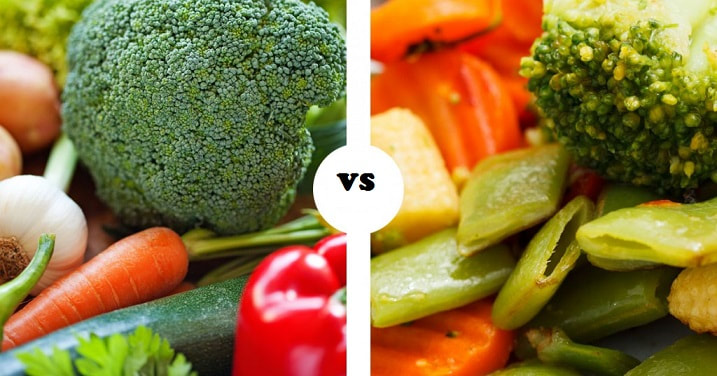

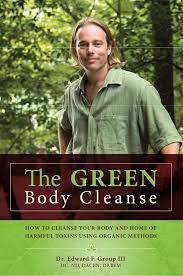

 RSS Feed
RSS Feed






